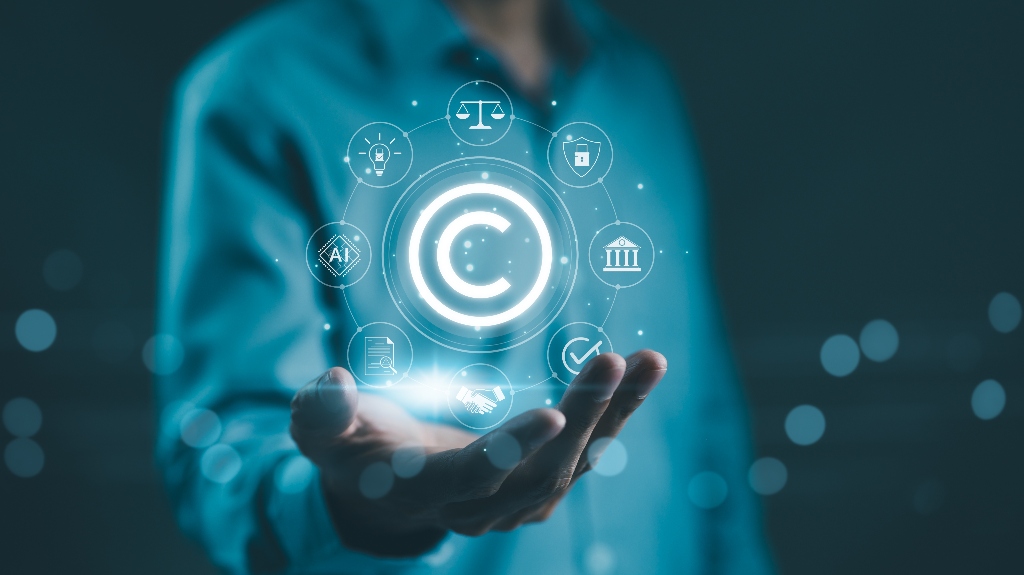
In 2025, one of the most significant intellectual property (IP) lawsuits in the legal tech industry is unfolding between Thomson Reuters and ROSS Intelligence. The case has captured the attention of both the legal and technology sectors, as it brings into question the boundaries of copyright law in the context of artificial intelligence (AI) and its use in the legal field. Thomson Reuters, a leading provider of legal research tools, has filed a lawsuit against ROSS Intelligence, accusing the company of misappropriating content from its Westlaw platform to build its AI-driven legal research tool, ROSS.
Allegations and Claims
At the heart of this lawsuit is the issue of whether ROSS Intelligence’s AI system, which provides legal research services, was developed using content from Westlaw without permission. Westlaw, a comprehensive legal database, has long been a dominant player in the legal research industry, and its content is highly valuable to legal professionals. The lawsuit claims that ROSS used proprietary data from Westlaw to create its own AI system, which competes with Westlaw’s products.
The Fair Use Debate
This case raises a crucial question: Can AI systems legally use copyrighted content to train their models, even if that content is behind a paywall or protected by copyright? ROSS Intelligence has argued that its use of the data was “fair use,” a defense commonly used in cases involving transformative works. However, Thomson Reuters disputes this argument, stating that the use of their data without consent constitutes copyright infringement. The outcome of this lawsuit could set a major precedent for how AI companies handle copyrighted materials when training their algorithms.
Implications for the Legal Tech Industry
The case is crucial for the legal tech industry, as it highlights the tension between technological innovation and the protection of intellectual property. Legal research AI tools have become increasingly popular for law firms. Enabling them to analyze vast amounts of legal content quickly and efficiently. However, this case demonstrates the challenges these tools face when it comes to respecting the intellectual property rights of traditional content providers like Thomson Reuters.
Why This Matters for AI and Legal Tech Developers
If you’re involved in the development of AI technology or managing a legal tech business, this case underscores the importance of understanding copyright law and ensuring that your products do not infringe on existing IP. As AI continues to evolve, it’s vital for companies to stay informed about legal precedents that could affect their operations. If you have questions about how copyright law applies to your AI or legal tech product, contact our law firm today.
Related Posts:
MrBeast's Trade Secrets Lawsuit: A Wake-Up Call for Digital Entrepreneurs
